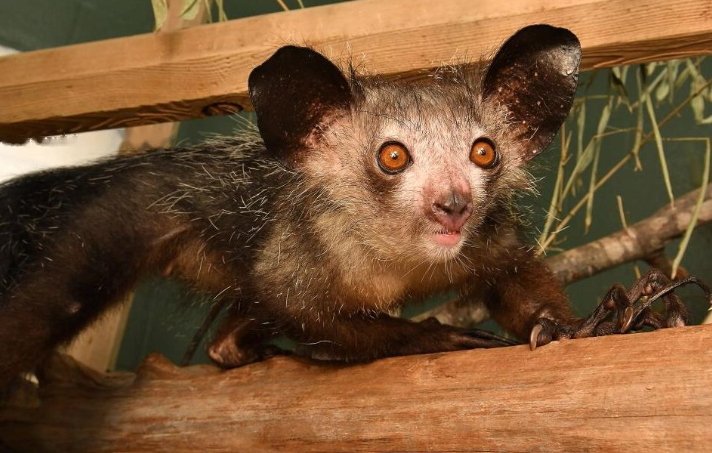Recently, how to deal with the pet dogs of new crown positive infected people has attracted attention. Are pet dogs an intermediate host, and will the virus spread between humans and pets? How should the hairy children of quarantined personnel be treated?
On April 7, a reporter from Science and Technology Daily interviewed researcher Bu Zhigao, director of the Harbin Veterinary Research Institute of the Chinese Academy of Agricultural Sciences.
In the early days of the epidemic, the Buzhigao team had conducted rigorous scientific research on whether the new coronavirus infected pets and which pets are more susceptible. The relevant research results were published online on April 8, 2020 in science magazine. Studies at the time found that cats and ferrets were highly susceptible to the new coronavirus, while dogs, pigs, chickens and ducks were not susceptible to the new coronavirus.

We also did a special infection test on dogs at that time. From the current test data and the situation on site, dogs can be exposed to infection, but the susceptibility of dogs is relatively low, and they are not so easy to be infected. Especially dogs The infection level is lower than that of cats and ferrets that have been infected in nature. Bu Zhigao further said, According to the scene, so far, pet dogs have been found to be infected, such as There have been cases of dogs being infected in Hong Kong, but the phenomenon of dogs returning to humans has not happened yet. This situation is consistent with the laboratory test results.
We passed the monitoring in the test. The dog's detoxification situation, from the antibody conversion rate and antibody level, suggest that the susceptibility of the dog is relatively low, and its viral load is also very low. From this point of view, it is speculated that the risk of dogs as an intermediate host and a human transmission host is still very high. Low. In fact, no such reports have been found in nature so far, so the overall risk of infected dogs returning to humans is very low, but the risk of infection in dogs still exists.
So, once a person is tested positive for infection, how should their pet dog be handled?
“How to deal with it must first respect the epidemic prevention policies of various places, respect the advice of epidemic prevention leading groups and epidemic prevention experts in various places, and take corresponding measures according to the actual situation of each place.” Bu Zhigao emphasized, “I Personally, it is recommended that pet dogs that are in close contact with positive infected persons should be isolated for a period of time if possible, and the environment should be disinfected. Human detection methods, whether nucleic acid detection or antigen detection, are applicable to dogs. This is a more scientific and rational approach, so the risks are also controllable.”
Introduced by Bu Zhigao, from the test and actual situation See, even if the dog is infected, the symptoms are not very obvious. Although the number of dogs in the artificial infection test is limited, the symptoms of normal healthy dogs are not obvious after infection, and the viral load is not high from the laboratory results; of course, it is not excluded that elderly dogs or underlying diseases may also show symptoms Symptoms, According to the current research data, even if the dog is exposed to infection nucleic acid or antigen test positive, it will generally turn negative after a week or two of isolation, of course, this must be determined based on reliable testing.
“Objectively speaking, our current research data are still based on the experiments of early strains. Now the virus has mutated many times, is the infectivity and pathogenicity of the mutated virus to dogs? Increase, this also requires follow-up research and monitoring. We hope to have the opportunity to further carry out rigorous scientific research, so that the experimental data obtained will have more reference value. Bu Zhigao said.
Currently, the world is closely monitoring whether companion pets are infected. At present, there are very limited reports of infection in pet dogs. Compared with cats, there are more reports of infection. The susceptibility and viral load of cats and dogs are not the same order of magnitude, and the susceptibility of cats is stronger.
So, what if there are no conditions to isolate and monitor pets? According to media reports such as Guangming.com and China Central Broadcasting Network, Shenzhen has recently established the country's first pet cabin, which can host the pets of quarantined people free of charge, and provide observation, nursing, health testing and medical security services.
![[Original] Sharing of popular science knowledge of ringed map turtles](/static/img/11249/11249_1.jpg)




